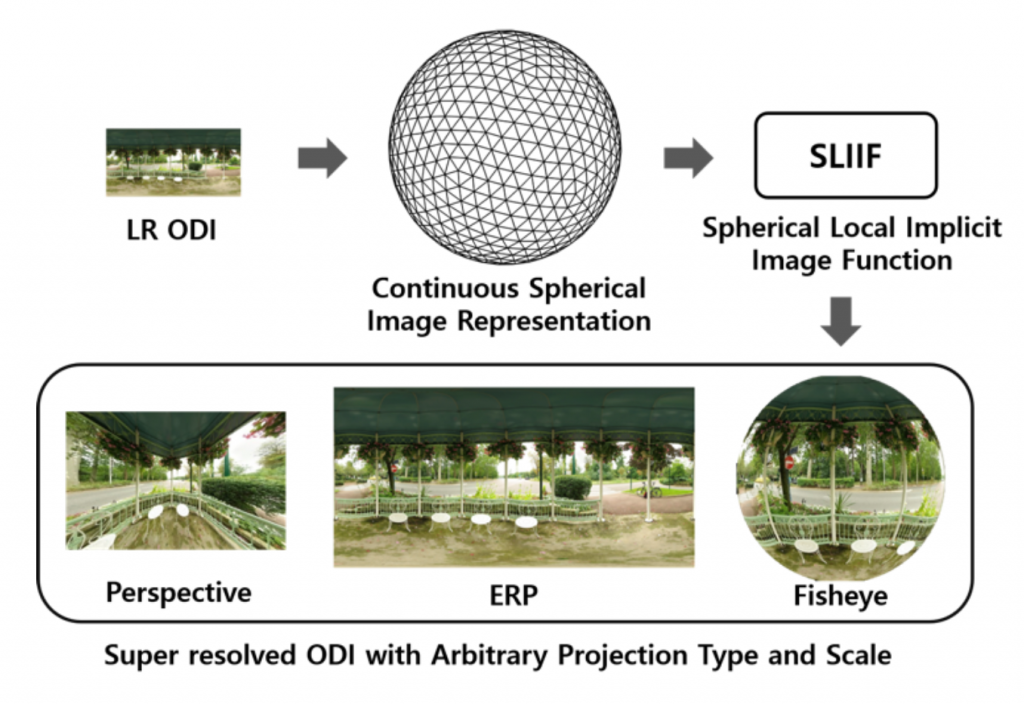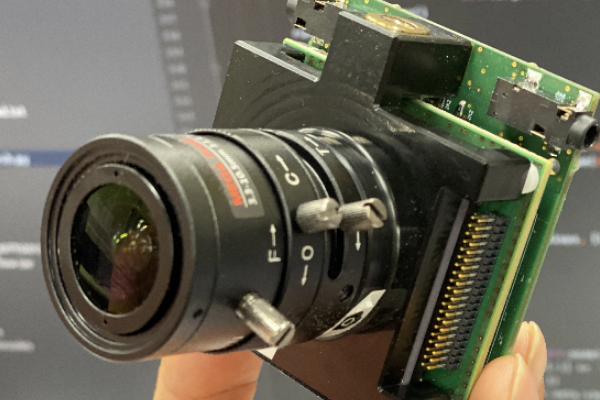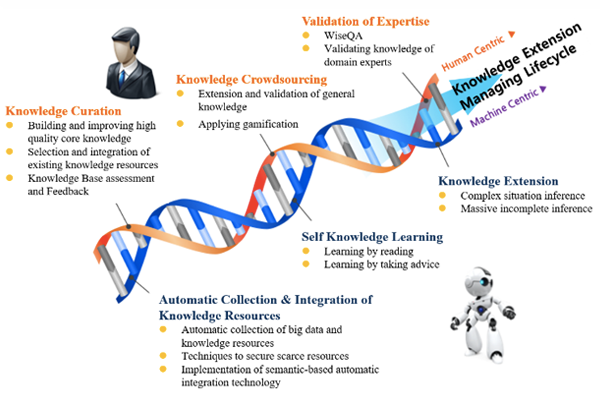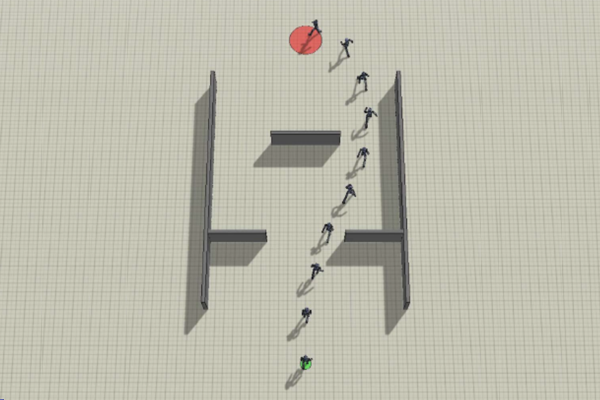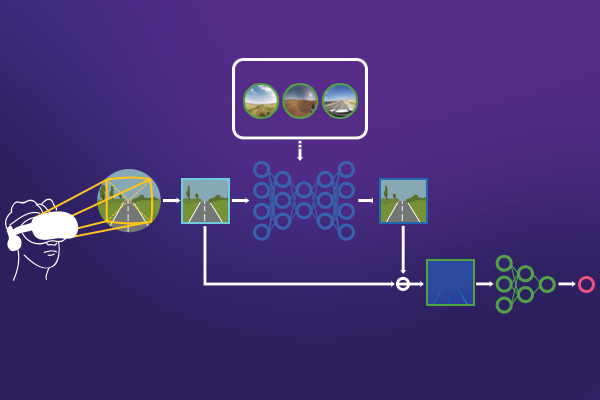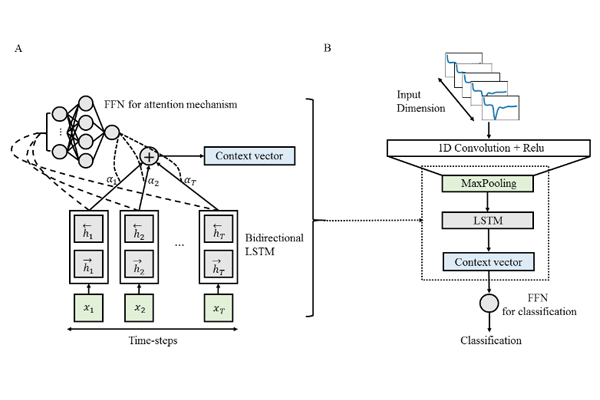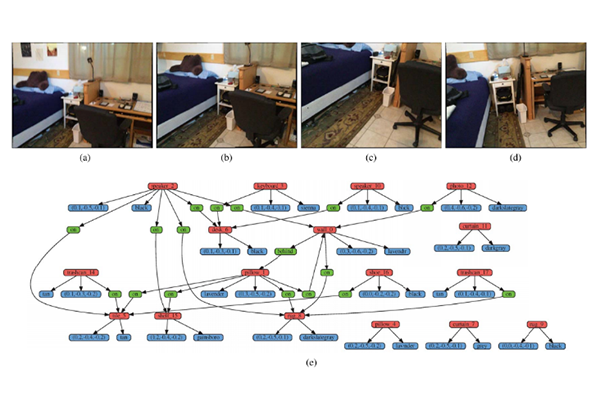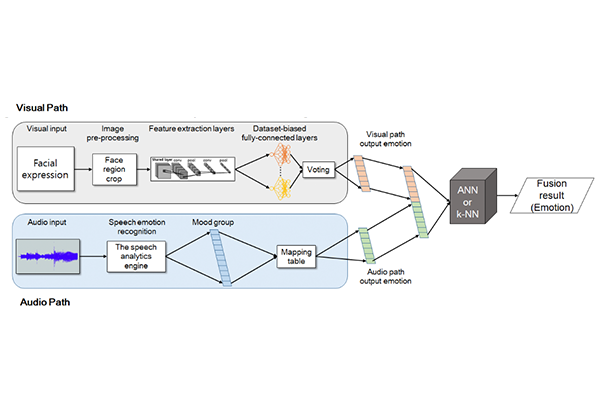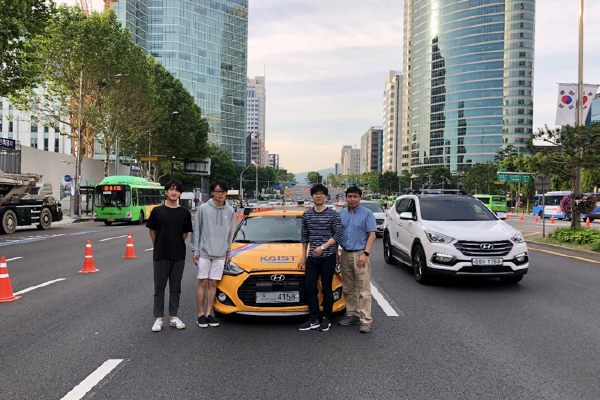-
Research Highlight
Artificial Intelligence to discover hidden enzymes
A joint research team composed of members from KAIST and UCSD developed an artificial intelligence that predicts enzyme functions from protein sequences....read more
-
Research Highlight
SphereSR: 360º Image Super-Resolution with Arbitrary Projection via Continuous Spherical Image Representation
A new algorithm has been developed to generate omnidirectional images to super-resolve a low-resolution 360° image into a high-resolution image with arbitrary projection type via continuous spherical image representation....read more
-
Research Highlight
Imaging with Events: High-resolution High-quality HDR Imaging using Event Cameras
New algorithms have been developed to generate non-blurry, high-resolution, high-quality, and high-dynamic range intensity images using sparse event streams from an event camera, which is a new imaging sensor able to capture visual information with low latency even under extremely low illumination....read more
-
Research Highlight
Development of Machine Reading Framework for Knowledge Base Population
The SWRC (Semantic Web Research Center, led by Prof. Choi) aims to construct and expand its knowledge base through self-machine-learning from unstructured big data (natural language), and to develop a novel technology to further verify the knowledge base....read more
-
Research Highlight
Self-Supervised Learning to Distill Hierarchy in High-Dimensional Dynamic Systems
Prof. Han-Lim Choi’s research team has developed a learning framework to control a high-dimensional robotic system that distills underlying hierarchical structure in robot motion data. By learning high-level intentions as well as low-level control actions, the proposed framework enables adaptation of policy learned from a certain task to much more diverse sets of tasks. ...read more
-
Research Highlight Top Story
Development of VR Sickness Assessment Deep Network Considering Exceptional Motion for VR Video
Viewing safety is one of the main issues in viewing virtual reality (VR) content. In particular, VR sickness can occur when watching immersive VR content. To deal with viewing safety for VR content, objective assessment of VR sickness is of great importance. In this work, based on a deep generative model, we propose a novel objective VR sickness assessment (VRSA) network to automatically predict VR sickness. The proposed method takes into account motion patterns of VR videos in which exceptional motion is a critical factor inducing excessive VR sickness in human motion perception. The proposed VRSA network consists of two parts, the VR video generator and VR sickness score predictor. For the evaluation of VRSA performance, we performed comprehensive experiments with 360° videos (stimuli), corresponding physiological signals, and subjective questionnaires. We demonstrated that the proposed VRSA achieved a high correlation with human perceptual score for VR sickness....read more
-
Research Highlight
Explainable AI can predict prognosis-specific genotype of brain tumor without invasive biopsy
Professor Bumseok Jeong has developed an explainable artificial intelligence model with high diagnostic performance that predicts the IDH genotype of gliomas; this is crucial in treatment planning and prognosis prediction....read more
-
Research Highlight
3-D Scene Graph: A Sparse and Semantic Representation of Physical Environments for Intelligent Agents
Professor Jong-Hwan Kim’s research team defined a 3-D scene graph, which represents physical environments in a sparse and semantic way....read more
-
Research Highlight
Decision-Level Fusion Method for Emotion Recognition using Multimodal Emotion Recognition Information
We confirmed which combination of features of multi-modal emotion recognition achieves the highest accuracy....read more
-
Research Highlight
Research and Development of AI-powered Autonomous Cars in Seoul for Smart Cities
Professor Hyunchul Shim’s automotive driving research team participated in a technology demonstration organized by the Ministry of Land, Infrastructure and Transport, Korea. The event was held on Yeongdong boulevard adjacent to COEX, Seoul on June 17th. ...read more

291 Daehak-ro Yuseong-gu Daejeon, 34141, Republic of Korea
Partnered with KAIST Breakthroughs and KAIST Compass

